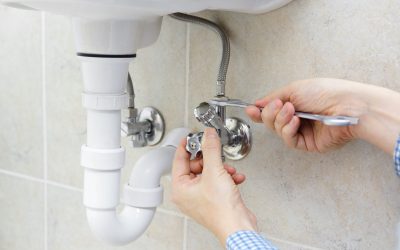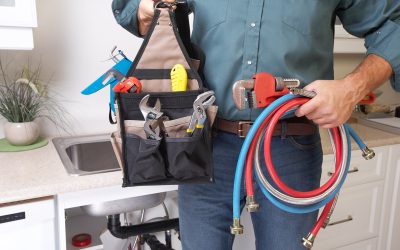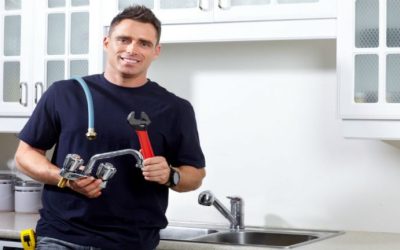Septic tanks are designed for years of hassle-free operation, but they do need periodic maintenance through AA Plumbing. Equally important is the need to avoid certain practices that may damage the system. To take proper care of the home’s septic tank, homeowners should avoid these common mistakes.
Flushing Too Much Paper
Toilet paper is flushable, and in most cases, there will not be an issue if that’s all that goes down the drain. However, other paper products, such as sanitary napkins, tampons and disposable diapers, can cause clogs that can do serious damage to the septic system. While it’s OK to flush toilet paper, dispose of these other products in the trash can.
Doing Too Many Loads of Laundry
One laundry load takes a significant amount of water. If there’s a designated laundry day in the household, doing consecutive loads can put substantial stress on the septic system. A simple way to protect the system is to do a couple of loads per day, rather than doing all the laundry at one time.
Using a Garbage Disposal
While garbage disposals can be handy, they are a huge mistake when it comes to a home’s septic system. Disposing of things such as pasta, fruit, chicken bones, grease and vegetable peels may be convenient, but it can damage the septic system. Solid waste dumped into the tank is anaerobically decomposed by bacteria, and adding too much waste may disrupt the process. Moreover, dumping things like grease and oil can put Residential Plumbing in Mason OH at risk.
Adding Chemicals to the Tank
Many septic tank additives claim to unclog a drainfield or break down sludge, but most products harm more than they help. Even biological additives can damage beneficial bacteria that break down solid waste. To minimize chemical additions to the tank, homeowners should skip these additives and consider using natural cleaning products such as tea tree oil, vinegar and baking soda.
Not Getting the Tank Pumped Regularly
The simplest way to ensure optimal septic system performance is to get the tank pumped regularly. Most homeowners should have it done every two or three years, but scheduling depends on the system’s design and the number of people in the household. Frequent maintenance can prolong the tank’s useful life and it can prevent sewage backups and other problems with Residential Plumbing in Mason OH.



